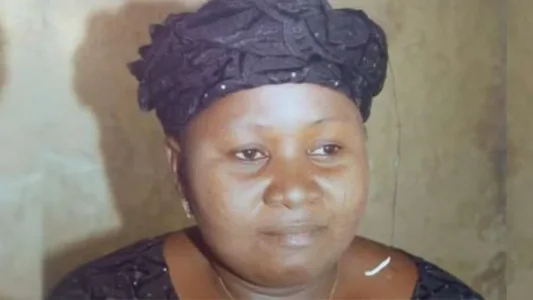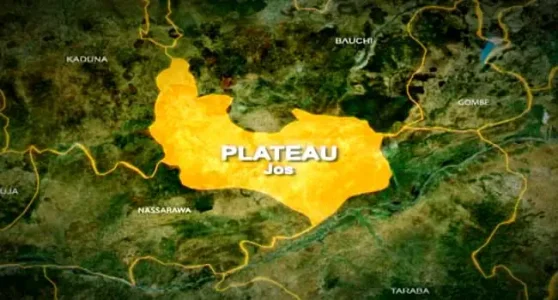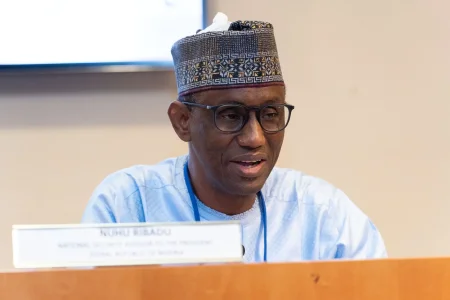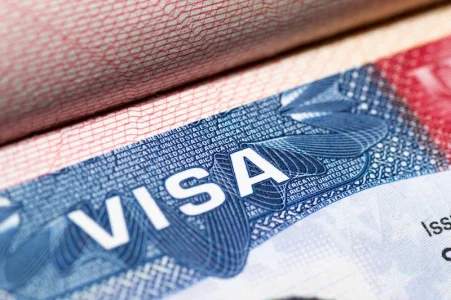
Rhoda Jatau, a healthcare worker from Bauchi State, faces an extended period of incarceration, now surpassing 18 months, after her no-case submission was dismissed by a High Court in Bauchi on Monday. Jatau's arrest in May 2020 by the State Security Service stemmed from her condemnation of the brutal lynching of Deborah Samuel, a Christian college student, by alleged Islamic fanatics in Sokoto. The charges against Jatau include inciting public disturbance, "exciting contempt of religious creed," and cyberstalking.
The dismissal of the no-case submission raises concerns about the fairness of the legal proceedings, especially as international human rights observers and organizations express dismay. The gravity of the charges, particularly the civil equivalent of blasphemy under Islamic Sharia law, highlights the challenges faced by individuals in regions where religious tensions often manipulate legal paradigms.
Despite the prosecution having closed its case, Jatau's defense has encountered obstacles, with the judge repeatedly deferring court dates and the trial experiencing prolonged delays. The recent ruling against the no-case submission indicates a potential predetermined proceeding, emphasizing the authorities' stance on the charges, even with scant evidence.
International concerns have escalated, with the United Nations and Christian Solidarity International expressing worry over Jatau's continued denial of bail. The denial not only restricts her freedom but also raises questions about the fairness and proportionality of the legal measures against her. Furthermore, intermittent access to legal counsel adds another layer of concern, as unrestricted access is considered fundamental to a fair trial.
Jatau's case is reflective of the broader issue of religious oppression and violent fanaticism in northern Nigeria. Seemingly innocuous comments or expressions of views protected by the constitution become focal points for extremists, leading to extrajudicial mob actions or prolonged legal proceedings. The specter of religious fundamentalism, compounded by challenging socio-economic conditions, creates a complex social setting where religious beliefs often clash with the secular state.
The intersection of politics with religious sentiments further complicates the situation, exemplified by the actions of prominent figures like Atiku Abubakar. The political necessity of preserving strains of religious fundamentalism, even at the expense of social sanity, underscores a concerning trend where crucial sectors of society become victims themselves.
The prolonged detention of individuals without resolution raises significant human rights concerns, particularly in the context of religiously motivated charges. Bauchi State, one of the twelve northern Nigerian states with integrated Sharia law, exemplifies the challenges posed by this legal framework. The region has witnessed severe penalties, including lengthy prison sentences and death, for perceived offenses deemed insulting to Islam.
The case of Jatau joins a disturbing list of incidents, such as the imprisonment of 13-year-old Omar Farouq and 22-year-old musician Yahaya Sharif in Kano State. Farouq's eventual exoneration and release highlighted the international attention such cases attract, while Sharif continues to languish in prison, navigating the complex legal landscape.
As Rhoda Jatau's plight continues, it serves as a stark reminder of the intricate interplay between religious tensions, legal systems, and political posturing, raising fundamental questions about justice and human rights in the face of evolving socio-political landscapes.




